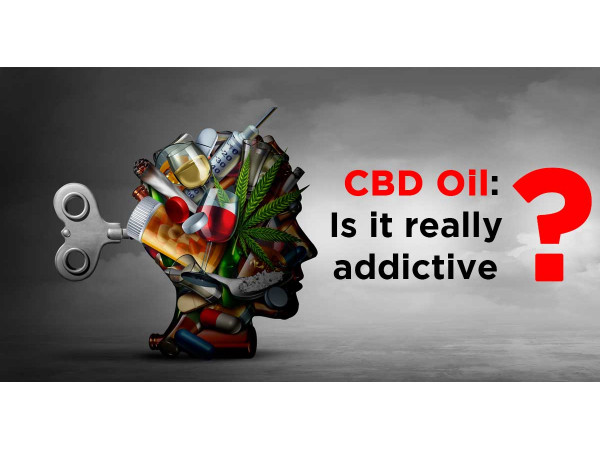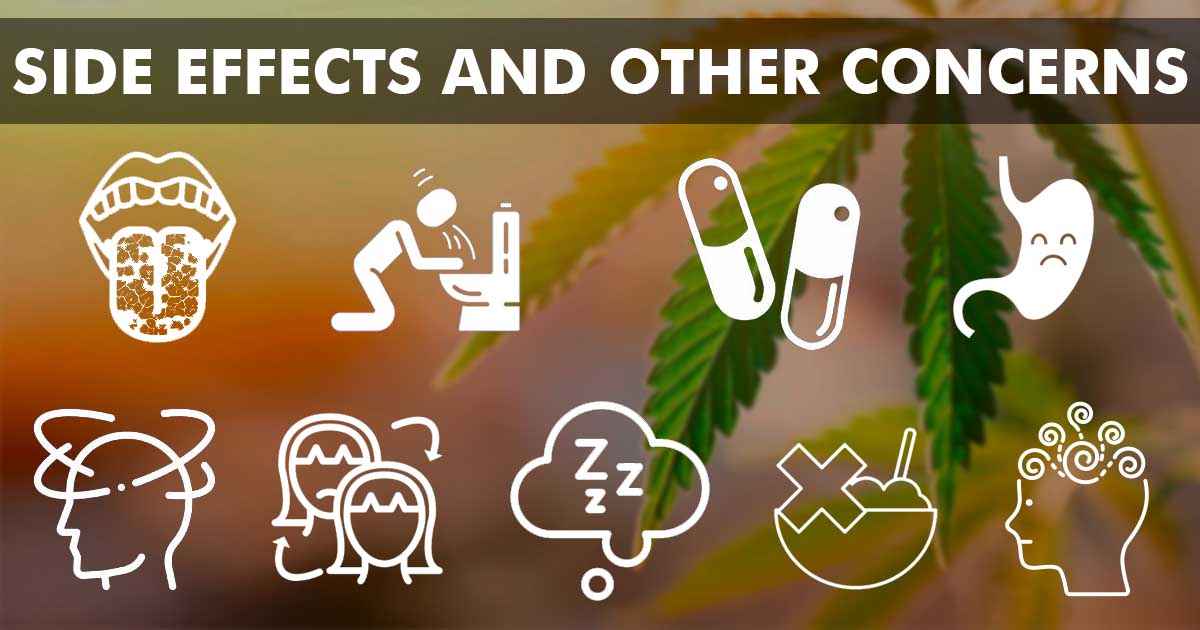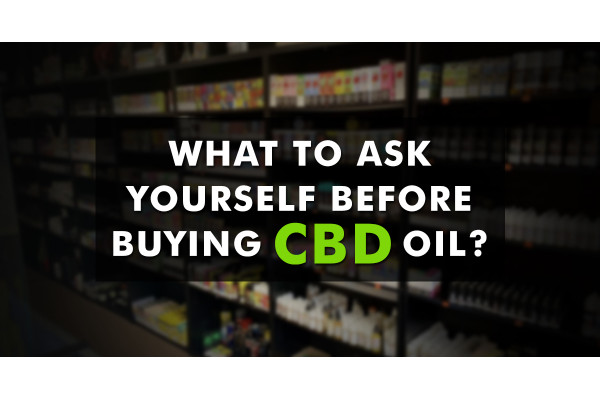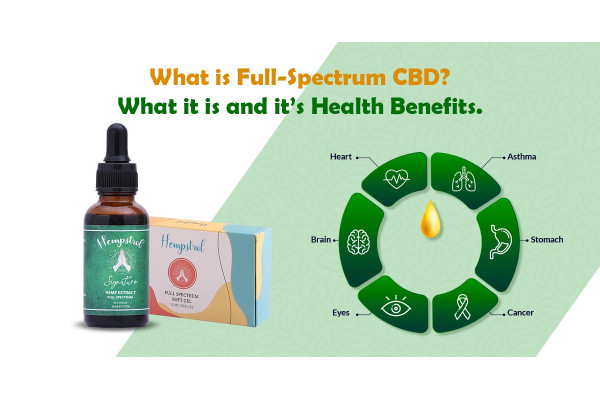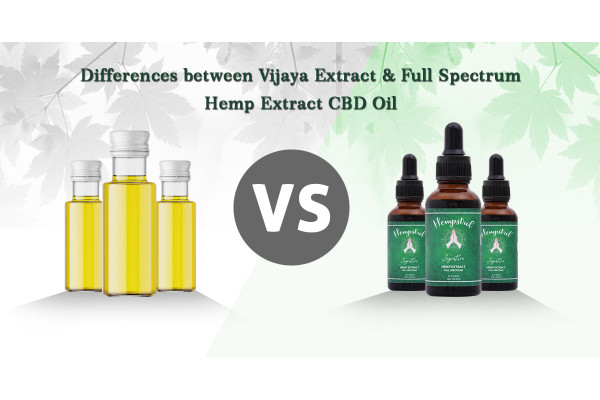Does CBD Oil Have an Addictive Effect? Read about the possibility of CBD dependence
With the way CBD is getting famous, you might ask if CBD addiction is possible, given that marijuana can be addictive, especially when used frequently and in high concentrations.
One of the 400 chemical components found in the Cannabis sativa plant, CBD, is a cannabinoid. In recent years, CBD-based products have become more and more popular. These include everything from chewable pills to CBD-infused pills to post-workout smoothies. Academics, medical experts, and researchers are still investigating the possible advantages of cannabidiol (CBD).
However, some people might be hesitant to take CBD Oil India out of concern that this compound might be just as addictive as marijuana. This article examines the studies on the addictive potential of CBD and if CBD addiction is a cause for concern.
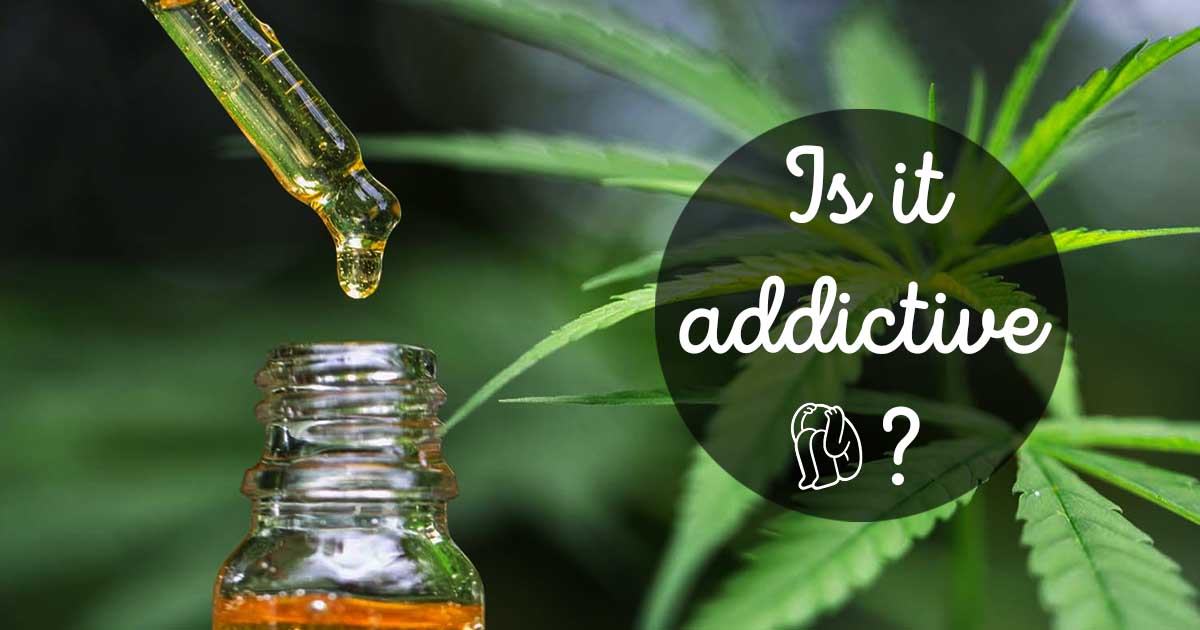
Is it addictive?
A compulsive desire to use a substance and an inability to stop using it in spite of negative effects are what we call a drug addiction. The brain's pleasure regions are impacted by substances that cause dependency and addiction, which frequently leads to people wanting to use the substance in order to prevent withdrawal symptoms. In many instances, users would also need to take increasing amounts of a drug to keep getting the same euphoric benefits they had at first.
Despite the fact that recent scientific research indicates that extensive cannabis usage may increase certain people's risk of dependence, CBD does not seem to have any effects that are related to addiction on its own. This might be a result of CBD's lack of intoxicating properties. The psychoactive compound in cannabis that causes the high associated with marijuana is tetrahydrocannabinol (THC). When taken orally, THC enters the bloodstream and binds to endocannabinoid receptors in the brain's regions responsible for feelings of pleasure, movement, memory, and cognition.
Cannabidiol (CBD) interacts with the endocannabinoid system of the body, although it lacks THC's psychoactive effects. According to research, it is well tolerated at doses between 600 mg and 1,500 mg and has a good safety profile. CBD, in contrast to THC (tetrahydrocannabinol), has no psychoactive effects. And while marijuana use can result in addiction, recent evidence indicates that CBD oil India does not.
The World Health Organization states that CBD has no effects on people that would suggest abuse or dependence. There is currently no proof that using pure CBD has any negative effects on public health. According to research, CBD had no effect on heart rate, blood pressure, or cognitive performance, whereas active THC had significant physical and psychological effects, such as an increased heartbeat and euphoria. The study of CBD's long-term impacts is still in its early stages, though. In addition to being non-addictive, CBD may also be used to treat drug addiction.
CBD Might Help Treat Addiction
According to some data, CBD may be effective in treating drug addiction and addictive behaviours. The studies discovered proof that CBD may aid in treating cannabis and nicotine addiction. CBD may reduce the risk of developing cocaine and methamphetamine use disorders, according to preliminary research.
An analysis of preclinical and clinical evidence published in 2015 revealed that CBD showed therapeutic benefits for the treatment of cocaine, opioid, and amphetamine addiction.
Additionally, evidence suggested that it might be helpful in the management of cannabis and cigarette addiction. Cannabidiol may help lessen drug cravings, paranoia, impulsivity, and withdrawal symptoms related to crack-cocaine addiction, according to a 2019 study.
Side Effects and Other Concerns
According to recent research, CBD consumption does not result in addiction and may have a number of health advantages. But it's also critical to be aware that there could be some effects of CBD. Some side effects that may occur when taking CBD include:
Anxiety
Changes in appetite
Dizziness
Drug interactions
Drowsiness
Dry mouth
Gastrointestinal problems
Mood changes
Nausea
Note: Research indicates that CBD is generally well-tolerated up to doses of around 600 mg and as high as 1500 mg.
Conclusion













